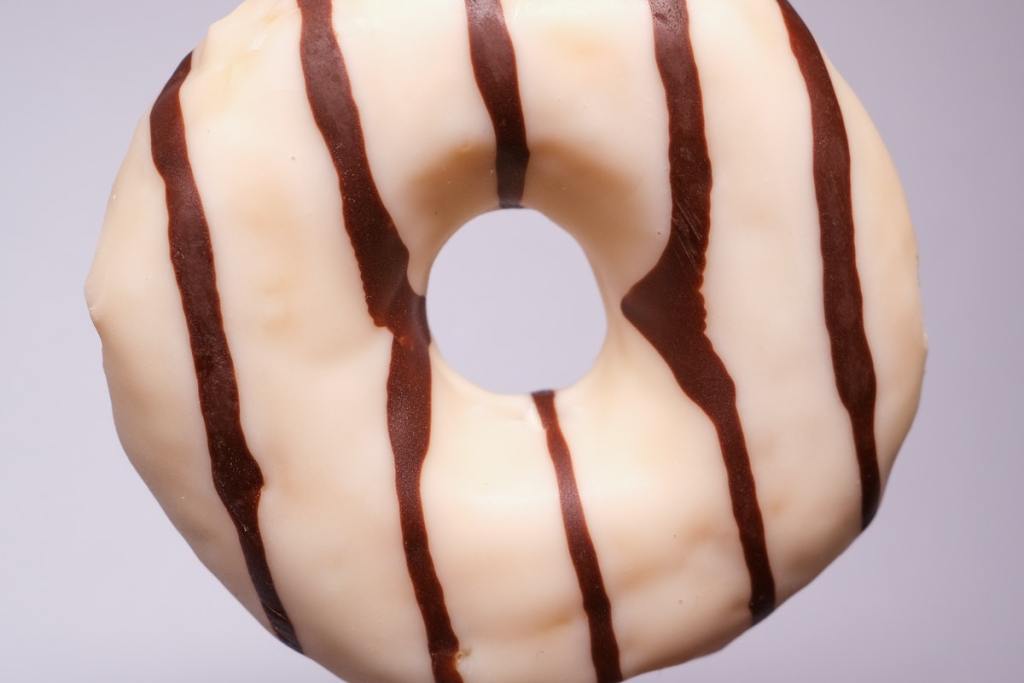A study from the Centers for Disease Control and Prevention reported kids and teens are eating more junk food than ever. Junk or fast food is a blanket term for foods delivering a quick burst of energy because of the high sugar, carb, and fat content, but doesn’t pack much in terms of vitamins, minerals, protein, or fiber. It turns out the 2020 CDC study found kids and teens got 13.8 percent of their daily calorie intake from junk food. Tweens and teens ages 12 to 19 ate more fast food calories than kids ages 2 to 11. Of course, when faced with a choice, most kids and adolescents prefer fast foods to healthier options, but what is the effect of junk food on kids?

The lure of junk foods
Adults know it’s expensive to eat healthily. A trip to the grocery store confirms those sugary cereals are more budget-friendly than the whole-grain cereal a couple of aisles over in the health food section. Fast foods are quick and convenient, especially with those busy work-to-school-to-practice schedules many families do five out of seven days a week. While fast foods taste good in the short term, the long-term effects on the body are quite negative.
Heart disease
When kids and teens have a diet packed with fast foods, they have a higher risk of developing heart-related diseases later in life. According to Dr. Thomas A. Gaziano, an associate professor of medicine at Harvard Medical School, unhealthy diets cost the healthcare system in the United States around 50 billion dollars a year. Forty-five percent of that is related to heart disease, stroke, and diabetes brought on by poor eating habits. Eating a lot of junk food is also tied to the growing rate of obesity in America. Obesity isn’t just an adult problem either. An alarming rate of kids and teens fall into the overweight or obese category. A study published in the American Journal of Preventative Medicine linked childhood obesity to cardiovascular disease in adults. Obese kids and adolescents typically have high cholesterol and blood pressure, which contribute to heart disease.
Obesity
According to the Center for Disease Control and Prevention, one in five kids and teens in the US are obese. Obesity is tied to unhealthy diets, including those including excessive fast foods and inactivity. The overall impact of obesity in children and teens is bad for the body, but it takes its toll on social and emotional well-being as well. According to the American Academy of Pediatrics, obesity in kids and teens often goes hand in hand with low self-esteem and confidence in addition to depression. Overweight and obese children and adolescents often find themselves easy targets for bullies.
Atopic disorders
Asthma, eczema, and rhinitis fall into the category of atopic disorders caused by an intense reaction by the body to common allergens. Can a diet loaded with junk food cause an increased risk for atopic disorders like asthma? Absolutely. A study conducted on school-aged children back in 2013 showed teens who ate fast food three plus times a week had a 39 percent increased risk of severe asthmatic issues as did 27 percent of kids. Both groups also had a higher likelihood of experiencing eczema and allergic rhinitis than their counterparts who consumed fruit three or more times a week. Fruit-eating kids and teens showed a decreased risk of atopic disorders.
Constipation
Kids and teens may find constipation an embarrassing topic of conversation with parents, but the lack of fiber, protein, vitamins, and minerals also has an effect in the bathroom. The high sugar, calorie, fat, and carb content of junk food definitely doesn’t keep anyone regular.

Addicted to junk food
Can kids become addicted to junk food? Yes. Adults who have been trying to kick the sugar habit know it can be just as difficult as quitting smoking. Junk foods are loaded with processed sugar. Sugar actually releases a chemical in the brain, making eaters feel good according to a Mount Sinai study, which is why it can be so hard to say no to. Added sugar in junk foods like cereal and soda is a big contributing factor to weight gain and all the unhealthy things that come with it. The Centers for Disease Control and Prevention recommends people over the age of two only eat 200 calories or less of processed sugar. Processed sugar is of course found in all those tasty doughnuts, cookies, cupcakes, brownies, ice cream, and more falling under the umbrella label junk food.
Other issues linked to junk food
As if there aren’t already enough problems linked to fast food, sadly there are more. A diet rich in junk food is also tied to:
- Poor grades
- Less energy
- Depression
- Trouble sleeping
- Hyperactivity
While kids and teens love junk food, the bottom line is that fast food doesn’t love them. It’s important for children and adolescents to develop healthy eating habits because it’s the key to keeping lots of health issues and more at bay. A diet packed with fast foods isn’t good for children, teens, or adults. While it tastes good, the long-term effect of junk food on kids isn’t. While parents can’t keep kids away from junk food 24/7, the key is moderation. Junk food shouldn’t be central to anyone’s diet, but especially when it comes to kids. Balance sweet treats with a majority of healthy foods and regular physical activity. Diets high in fruits and veggies benefit the entire family.



